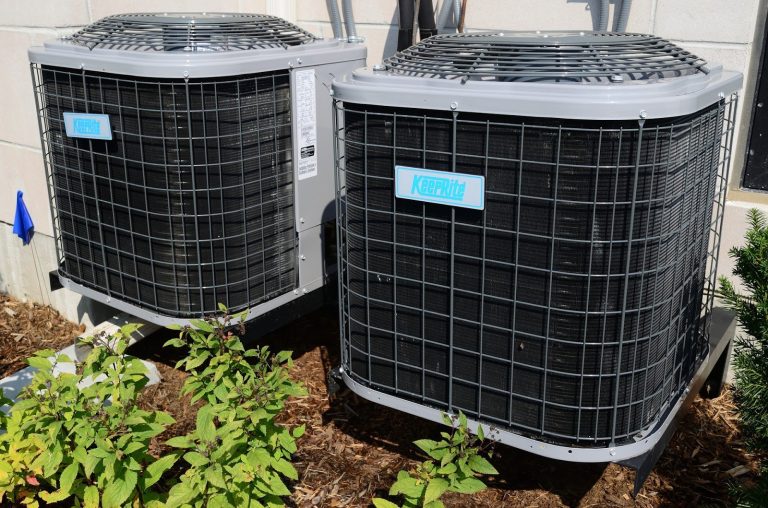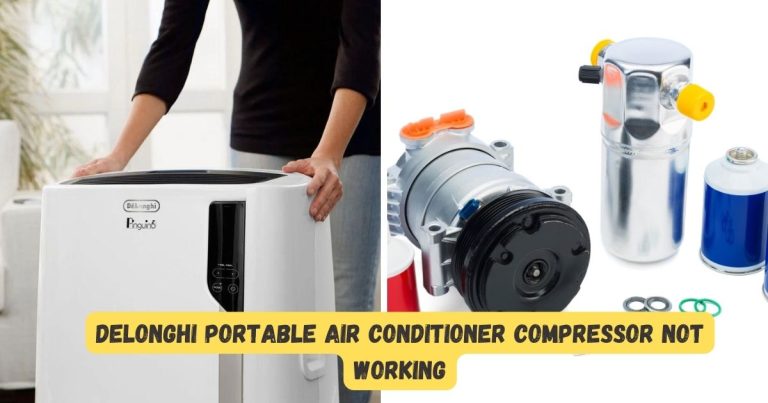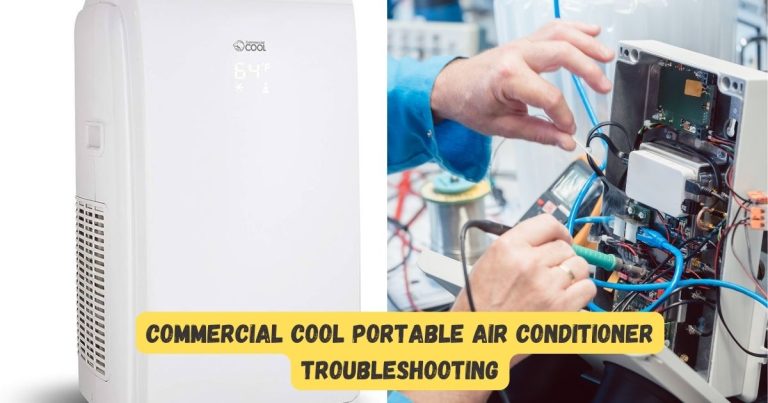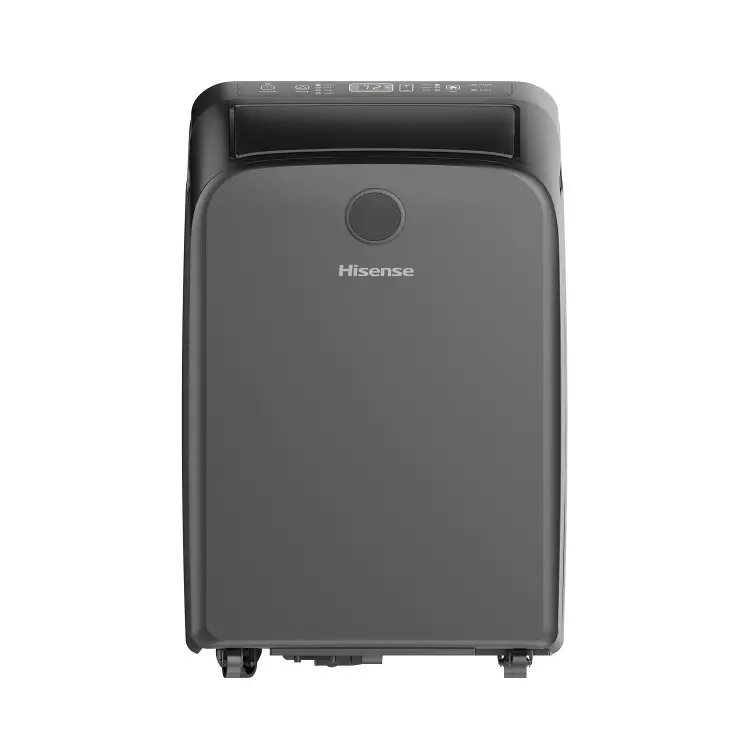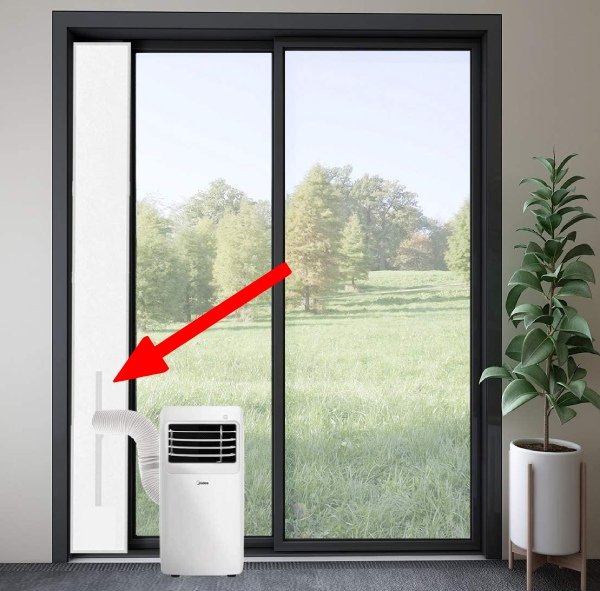Do Bucket Air Conditioners Work? Unveiling The Truth Behind Their Cooling Power
Yes, bucket air conditioners work. They are portable air conditioning units that use water to cool the air. The water is stored in a bucket or tank, and as it evaporates, it cools the air. While they may not be as efficient as traditional air conditioners, they can provide some cooling in small spaces.
Are you tired of sweating through the scorching summer days, but traditional air conditioning units are just not feasible for your small apartment or limited space? If so, you’re not alone. Many individuals find themselves searching for alternative cooling solutions that are both energy-efficient and cost-effective.
That’s where bucket air conditioners come into play. But do bucket air conditioners really work? Can they provide the relief you need without draining your bank account? In this article, we will dive into the world of bucket air conditioners and explore their effectiveness, installation process, and potential drawbacks.
Whether you’re looking to save on your energy bills or need a portable cooling solution, we have you covered. Let’s start by addressing the elephant in the room – do bucket air conditioners really work? How do they compare to traditional air conditioning units? We’ll provide you with the facts and figures to help you make an informed decision. Next, we’ll delve into the installation process.
Is it a complex task that requires professional help, or can you tackle it yourself? We’ll guide you through the steps, ensuring you have a clear understanding of what it takes to set up a bucket air conditioner in your space. Finally, we’ll discuss the potential drawbacks of bucket air conditioners. As with any cooling solution, there are pros and cons to consider.
Understanding the Effectiveness of Bucket Air Conditioners
When it comes to finding a cooling solution for your small apartment or limited space, you may have come across the term “bucket air conditioners.” But what exactly are they, and do they really work?
Bucket air conditioners, also known as evaporative coolers or swamp coolers, are an alternative to traditional air conditioning units. Unlike conventional ACs that rely on refrigeration, bucket air conditioners operate by using the natural cooling effect of water evaporation.
Here’s how it works. The bucket air conditioner consists of a fan, a water tank, and a cooling pad made of cellulose material. When the fan draws in warm air from the room, the air passes through the cooling pad saturated with water. As the air moves through the pad, the water evaporates, absorbing heat from the air and making it cooler. The fan then blows the cooled air back into the room, providing a refreshing breeze.
This simple yet innovative cooling mechanism is what sets bucket air conditioners apart from traditional AC units. While traditional ACs rely on refrigerants and compressor systems, bucket air conditioners use the natural process of water evaporation to cool the air.
Comparing Bucket Air Conditioners to Traditional AC Units
Now that we have a basic understanding of how bucket air conditioners work, let’s compare them to traditional AC units to determine their effectiveness.
1. Energy Efficiency
Bucket air conditioners are known for their energy efficiency. Since they rely on the evaporation of water to cool the air, they consume significantly less electricity compared to traditional AC units. Traditional ACs require a large amount of energy to run compressors and circulate refrigerants, making them more expensive to operate.
2. Cost-Effectiveness
Not only are bucket air conditioners energy-efficient, but they are also cost-effective. These units are generally more affordable to purchase, and their lower energy consumption translates into lower utility bills. If you’re on a tight budget or want to save money in the long run, a bucket air conditioner can be a great option.
3. Portability
If you’re constantly on the move or need a cooling solution that can be easily transported, a bucket air conditioner is the way to go. These units are compact and lightweight, making them portable and convenient. Whether you’re living in a small apartment, dorm room, or just need some extra cooling in a specific area, a bucket air conditioner can be easily moved around to suit your needs.
4. Environmental Impact
Bucket air conditioners are also considered more environmentally friendly compared to traditional AC units. Since they don’t use refrigerants or harmful chemicals, they have a lower carbon footprint. Additionally, the evaporation process used by bucket air conditioners adds moisture to the air, making them ideal for dry climates.
Installing a Bucket Air Conditioner
Now that we’ve established the effectiveness of bucket air conditioners, let’s dive into the installation process. Can you install a bucket air conditioner yourself, or do you need professional help?
The installation of a bucket air conditioner is relatively straightforward and can typically be done without professional assistance. Here are the steps to follow:
Gather the Necessary Tools and Materials
Before you begin the installation process, make sure you have the necessary tools and materials on hand. These may include:
- Bucket air conditioner unit
- Water tank
- Cooling pad
- Fan
- Mounting brackets or stand
- Water supply
- Electrical outlet
Choose an Ideal Location
Next, select an ideal location for your bucket air conditioner. Consider the following factors:
- Proximity to an electrical outlet for power supply
- Access to a water source for continuous operation
- Adequate ventilation for the exhaust air
- Level surface for stability
Assemble the Unit
Once you’ve chosen the location, assemble the bucket air conditioner according to the manufacturer’s instructions. This may involve attaching the fan, mounting brackets or stand, and connecting the water tank and cooling pad.
Connect the Water Supply
After assembling the unit, connect the water supply to the water tank. Ensure a steady supply of water to facilitate the evaporation process and maintain optimal cooling performance.
Plug in the Unit
Finally, plug in the bucket air conditioner to the electrical outlet. Once powered on, the fan will start to draw in warm air and circulate cool air back into the room.
Potential Drawbacks of Bucket Air Conditioners
While bucket air conditioners offer numerous benefits, it’s essential to consider their potential drawbacks before making a purchasing decision.
High Humidity Levels
Since bucket air conditioners rely on evaporation, they add moisture to the air. While this can be beneficial in dry climates, it may lead to high humidity levels in already humid environments. Excessive humidity can make the air feel heavy and uncomfortable.
Limited Cooling Capacity
Bucket air conditioners are most effective in small spaces or specific areas rather than cooling entire rooms or large areas. If you have a larger space that requires significant cooling, a traditional AC unit may be more suitable.
Noise Level
Bucket air conditioners can generate noise during operation, particularly from the fan and motor. While some units are designed to minimize noise, others may produce more noticeable sound, which can be a concern for light sleepers or individuals who require a quiet environment.
Despite these potential drawbacks, bucket air conditioners remain a cost-effective and energy-efficient cooling solution for many individuals.
How to make air conditioner at home using Plastic Bottle – Easy life hacks
Frequently Asked Questions (FAQ)
Do bucket air conditioners work?
Can bucket air conditioners cool large spaces?
How do bucket air conditioners work?
Do bucket air conditioners require a window?
Are bucket air conditioners energy-efficient?
Conclusion: The Benefits and Ease of Bucket Air Conditioners
In conclusion, bucket air conditioners, also known as evaporative coolers or swamp coolers, are an effective alternative to traditional AC units. They work by using the natural process of water evaporation to cool the air.
The fan draws in warm air, which passes through a cooling pad saturated with water. As the water evaporates, it absorbs heat from the air and cools it down before blowing it back into the room.
When compared to traditional AC units, bucket air conditioners offer several advantages. They are energy-efficient and consume less electricity, resulting in lower utility bills. These units are also more affordable to purchase and require less maintenance.
Additionally, bucket air conditioners are portable and can be easily moved to different locations. They are considered more environmentally friendly as they do not use refrigerants or harmful chemicals. Installing a bucket air conditioner is relatively simple and can often be done without professional assistance.

